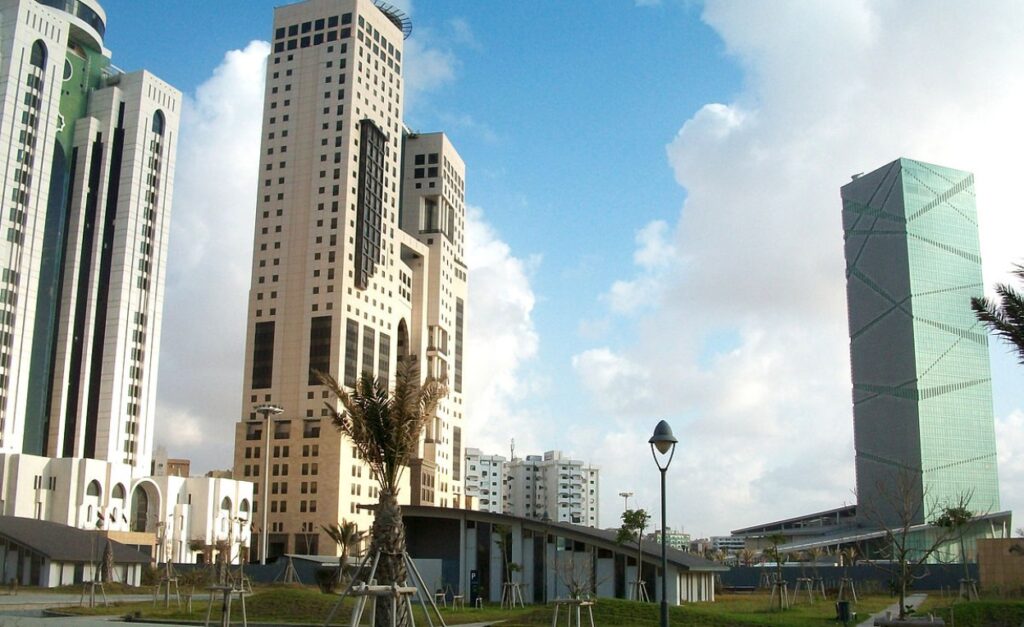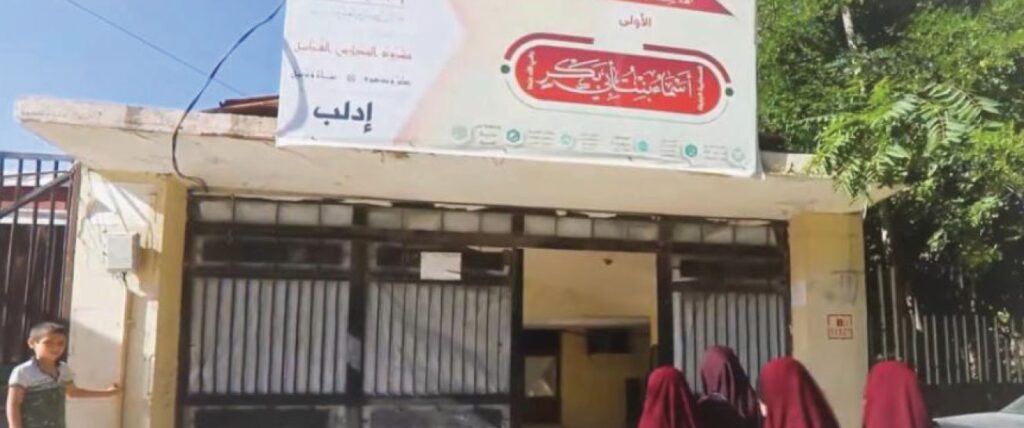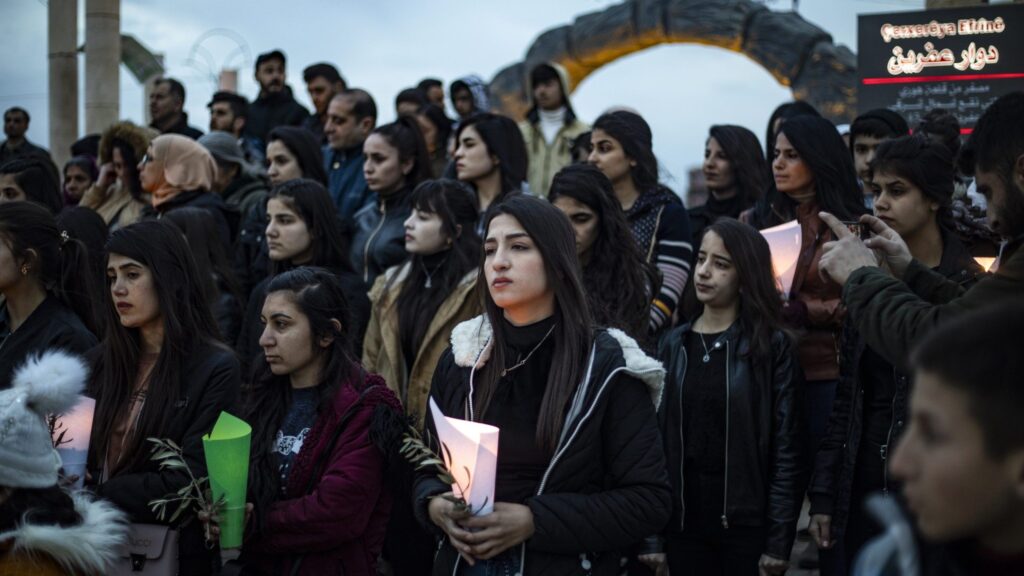Nigeria: TotalEnergies to Sell Stake in Nigerian Joint Venture

TotalEnergies is the latest multinational to give up its onshore asset for deep-water fields.
French oil major TotalEnergies has announced it will put up for sale its minority stake in a Nigerian oil joint venture.
The firm wants to focus on deep-water fields away from the difficulties of operating in close proximity with local communities, Bloomberg reported Thursday.








